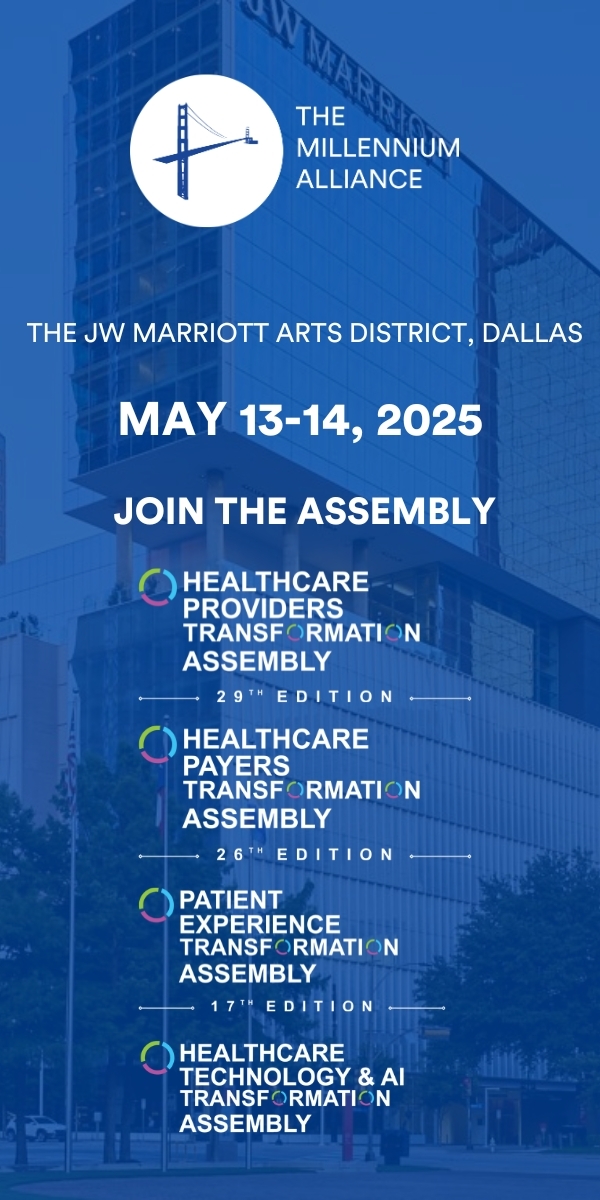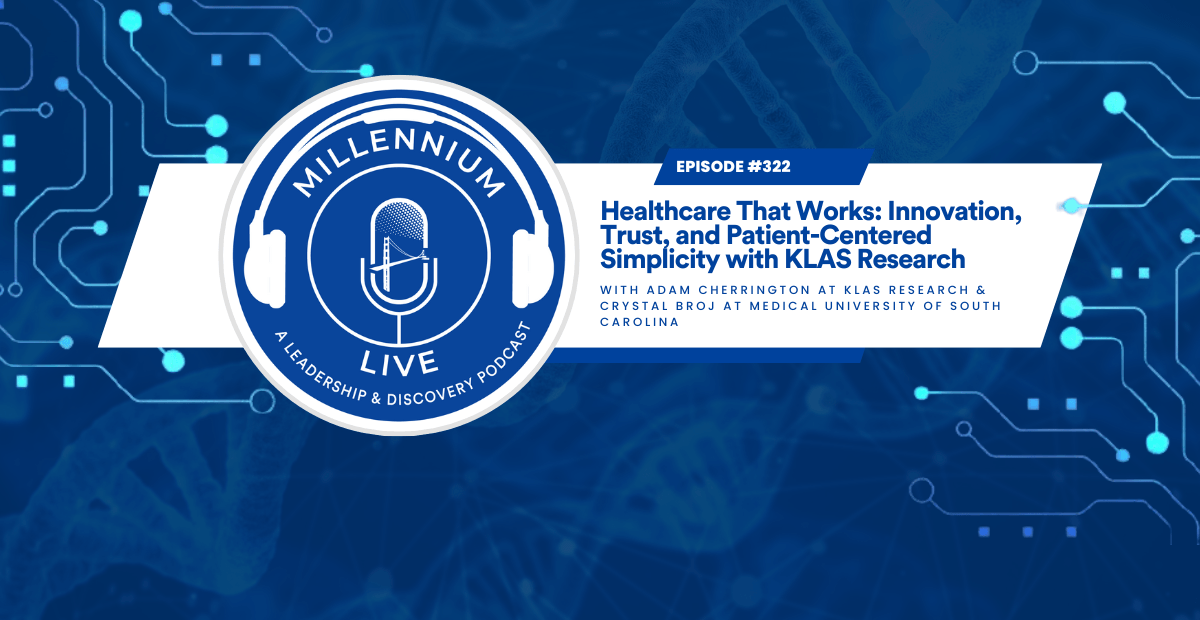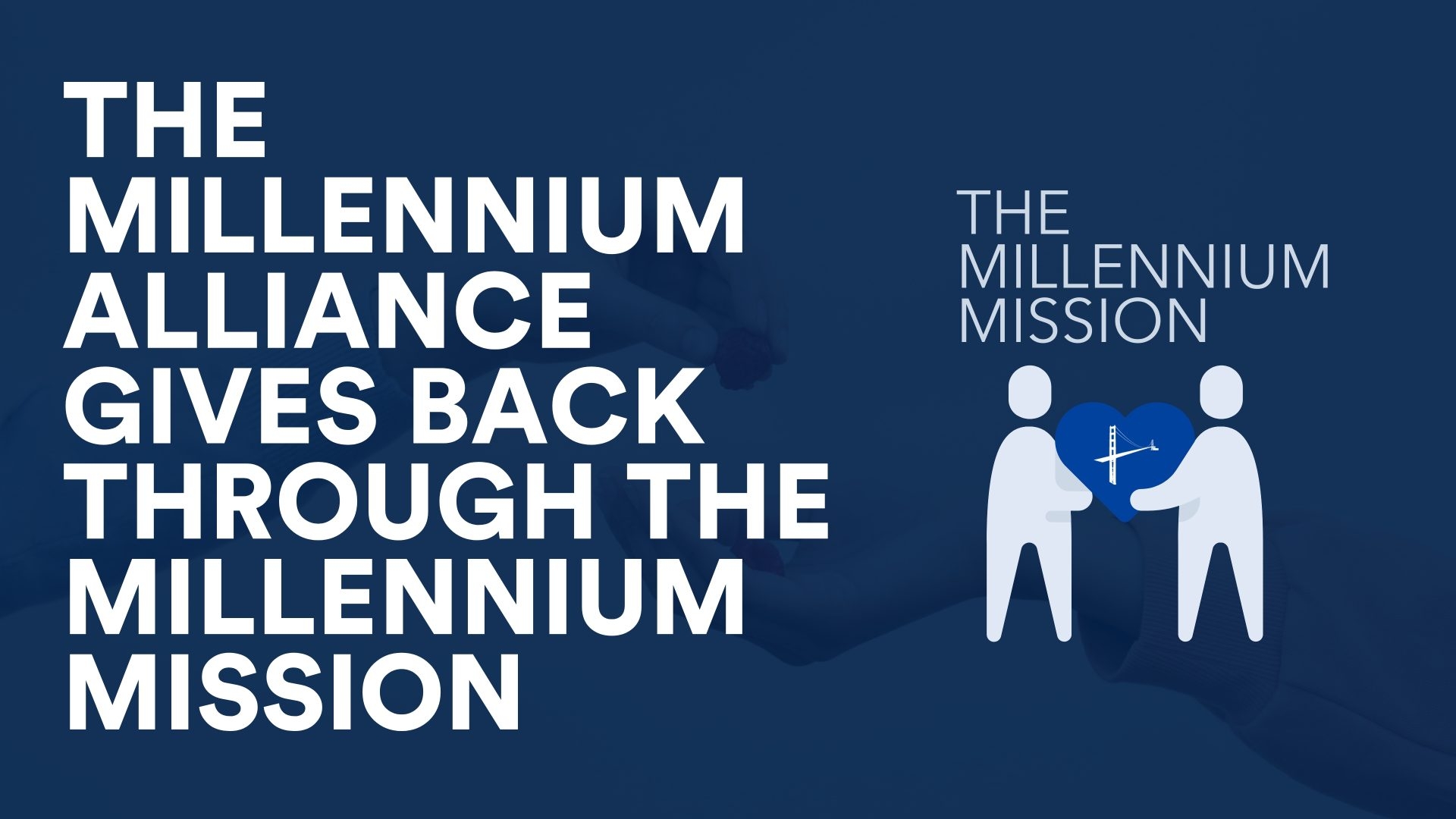Our Digital Healthcare Transformation Assembly is today in Nashville! Our sponsor, SCI Solutions, is kicking off the assembly with an informative article, in the run-up to their workshop today.
Written by: Joel French, CEO, SCI Solutions
When you search on “Patient Engagement,” you’ll get 27 million hits, the first several of which suggest a definition. While these words are in common use in healthcare today, they lack a widely accepted definition. Even when stakeholders within a health system believe they are united in their patient engagement strategy, how success is defined – and what the perceived roadblocks are – varies widely for stakeholders. How do you address the patient engagement hot buttons for marketing, patient experience, finance, and patient access leaders at once?
At the heart of the matter is the persistent divide that exists between our complex health enterprises and the individual people who now expect to be highly engaged and involved in their own care. Hence, consumer expectations continue to evolve rapidly. It’s not only online consumer services like Uber and Amazon that have contributed to this. Traditional businesses, like airlines and financial services, have risen to the challenge and enabled better, more intuitive and more convenient self-service via mobile devices. Even a trip to the DMV might seem streamlined compared to a visit to some health systems today. It’s no wonder healthcare consumers now have very specific expectations for how their interactions with healthcare should work.
Healthcare organizations are responding in a variety of ways, which may be creating more friction for consumers. One strategy is the idea that EHRs, a technology designed for back-end business processes, such as billing and care documentation within the walls of a provider setting, could be remodeled into something consumers would eagerly adopt. A recent study shows that the adoption of EHR patient portals lingers at less than 33 percent, deterred by poor usability and lack of convenient mobile access. While EHRs serve an important purpose inside the confines of a health system, patient experiences are substantially influenced by what happens outside of it. Consider that neither Amazon nor Expedia tried to add a portal to their enterprise resource planning (ERP) systems to make a customer-facing platform for retail sales.
Another strategy has been to employ a mix of point solutions and mobile apps that have entered the market in recent years. These solutions are driven strictly from a marketing and patient acquisition perspective but lack the underlying structure needed to optimize access across all health network locations, let alone improve efficiency across multiple organizational processes. For many hospitals and health systems, this results in gaps in both the patient experience and the network experience, making it impossible to optimize engagement end-to-end.
An effective digital patient engagement strategy needs to address patient acquisition, intake and conversion, care coordination, and finally retention. In other words, health systems need a comprehensive solution that coordinates and standardizes every single patient engagement point across the digital health network. This requires a strategy coupled with supporting technology that gives equal weight to providing the ideal outward-facing patient experience as well as connecting the dots in the underlying workflows and internal network processes required to cost-effectively drive that experience.
Ultimately, to compete in today’s market, health systems must acquire and then keep patients for a lifetime – turning them into brand loyalists who will, in turn, send more patients and family members to the health system over time. What’s more, health systems must thoughtfully engage patients in a unified way across all clinical, financial and operational processes, from scheduling and access, to care coordination and patient treatment plan adherence, to insurance and payment collection.
Success requires a comprehensive view of the patient experience that encompasses every touchpoint across the system – beyond the walls of the hospital, beyond patient portals, and beyond flashy new apps.
About SCI Solutions:
SCI Solutions operates the largest EHR-agnostic patient access and care coordination platform, relied upon by 85,000 providers and more than 1,000 hospitals and imaging centers in 400 U.S. markets. With its digital patient engagement solutions, SCI helps healthcare organizations create a consumer-friendly virtual front door for patient acquisition and competitive advantage.














